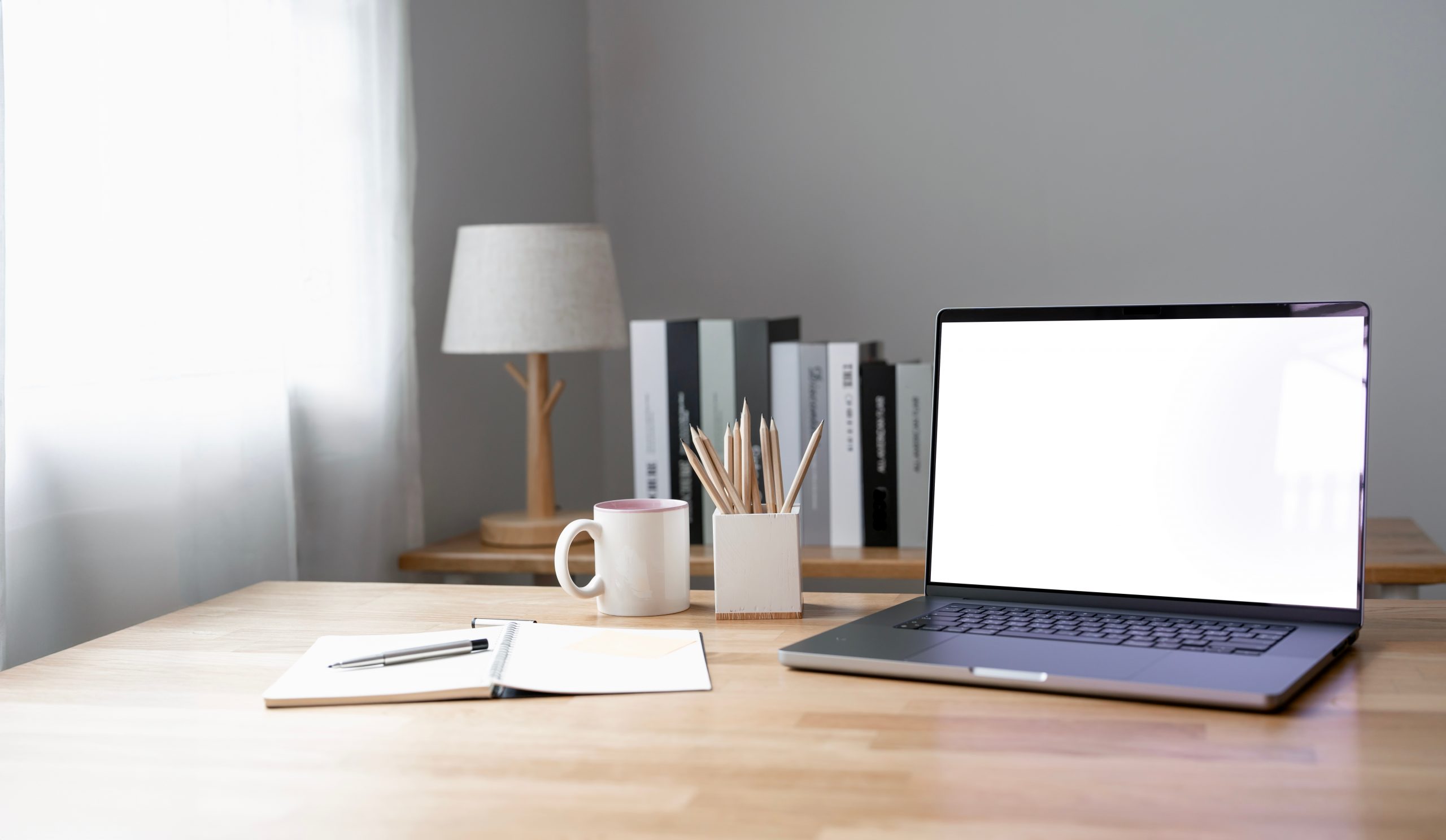Creating an organized, functional home office is essential for staying productive and maintaining a clear, focused mind—especially as we age. For seniors, a well-organized home office can support activities like managing finances, staying connected with loved ones, or pursuing hobbies like writing or research. By setting up your office to fit your needs, you can create a space that is comfortable, efficient, and enjoyable to work in. Here’s a guide filled with practical tips, tricks, and insights for seniors looking to organize their home office.
1. Choose the Right Location
The first step in organizing your home office is selecting the right space. Ideally, you want an area that’s quiet, well-lit, and separate from your main living space, so you can focus without distractions.
Tip: If possible, choose a room with natural light. Sunlight helps improve mood and focus, making it easier to concentrate on tasks. If natural light is limited, add bright lamps or overhead lighting to keep the area well-lit.
Insight: Consider accessibility. If mobility is a concern, avoid choosing an upstairs room or a location far from the kitchen or bathroom. A ground-level space that’s easily accessible and close to essential areas of the home is ideal.
2. Invest in Comfortable, Senior-Friendly Furniture
Comfort is key when spending long hours at your desk, so choosing the right furniture is essential. For seniors, furniture should support good posture and be easy to use.
Tip: Choose a chair with adjustable height and lumbar support. An ergonomic chair can reduce strain on your back and neck, helping you stay comfortable throughout the day.
Trick: Use a footrest if your feet don’t comfortably reach the floor. This can alleviate pressure on your legs and improve circulation, especially during extended periods of sitting.
Insight: Opt for furniture with rounded edges and stable bases to reduce the risk of bumps, bruises, or falls. If you have trouble with mobility or balance, avoid swivel chairs, as they can make sitting down or standing up more challenging.
3. Declutter and Prioritize Essentials
A cluttered workspace can lead to distractions and make it harder to find what you need. Simplifying your office by removing unnecessary items is key to staying organized.
Tip: Start by clearing out items you don’t use regularly. Keep only the essentials—like your computer, phone, and important documents—on your desk. Store other items in drawers, cabinets, or shelves.
Trick: Use drawer organizers or small baskets to keep smaller items like pens, notepads, and paper clips neatly arranged. This helps reduce clutter and makes it easier to find what you need quickly.
Insight: For seniors, it’s helpful to keep important items within easy reach. Consider placing frequently used items on the desktop or in a drawer at waist height, so you can access them without straining or bending down.
4. Organize Documents and Files
Paperwork can pile up quickly, making it hard to find essential documents when you need them. Establishing a simple filing system will help keep your home office organized and reduce the stress of searching through piles of papers.
Tip: Create a filing system with clearly labeled folders for different categories, such as bills, medical records, tax documents, and personal correspondence. Use a filing cabinet or document holder to keep everything neatly organized and easily accessible.
Trick: Use color-coded folders or labels to quickly identify different categories of paperwork. For example, use green for financial documents, blue for medical information, and red for urgent paperwork.
Insight: For seniors who may struggle with remembering where items are filed, a quick-reference guide can be helpful. Create a simple list of your filing categories and tape it to the inside of your file cabinet or drawer for easy reference.
5. Embrace Digital Organization Tools
Staying organized doesn’t have to be limited to physical space. Digital tools can help seniors keep track of appointments, manage finances, and organize important documents without the need for piles of paper.
Tip: Consider scanning and digitizing important documents like bills, receipts, and medical records. Store them in cloud-based services such as Google Drive or Dropbox for easy access and backup.
Trick: Set up digital calendars or reminder apps on your computer or smartphone to help you keep track of appointments and deadlines. Many apps, such as Google Calendar or Apple’s Reminders, allow you to set notifications for tasks, so you never miss an important date.
Insight: For seniors who are new to technology, take it slow and learn the basics of digital organization one step at a time. Free online tutorials or local community classes can be helpful in getting comfortable with new tools.
6. Personalize Your Space for Inspiration and Comfort
Finally, make your home office a space you enjoy spending time in. Personalizing your office with meaningful decor can make it feel inviting and comfortable, helping you stay motivated throughout the day.
Tip: Add personal touches like family photos, artwork, or a plant to brighten up your space. A few well-chosen items can make your office feel more welcoming without adding clutter.
Insight: Don’t forget to take breaks. Set a timer or reminder to stand up, stretch, or walk around every hour. This can help improve circulation, reduce strain, and keep you feeling refreshed throughout the day.
